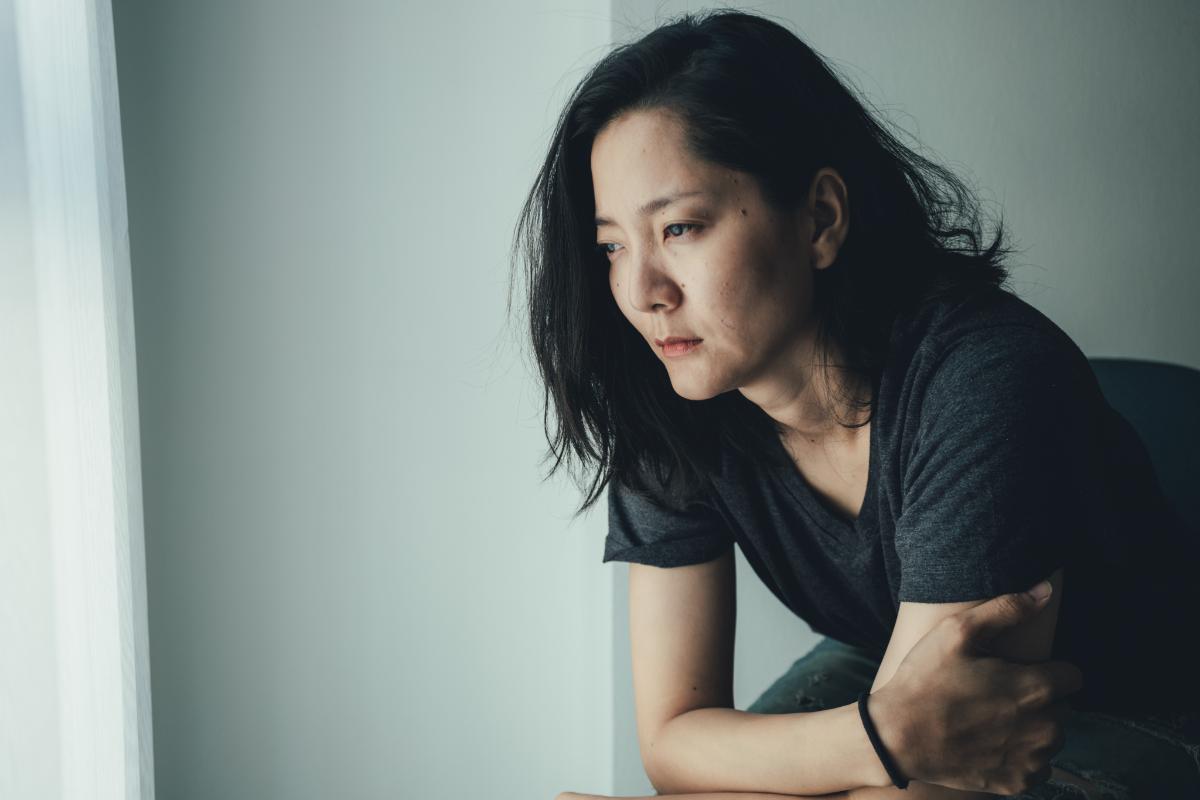The incidence of depression is rising in the United States, with tens of millions of Americans experiencing symptoms of this mental health condition. On a positive note, there is evidence that more people are starting to seek help for their depression. Regardless, there is still an alarming number of people in this country who go without treatment. When left untreated, depression puts you at a much higher risk for alcohol use disorder. With the help of dual diagnosis treatment through an alcohol addiction treatment program, you and your loved ones can overcome these conditions.
BrightView is here to provide you with a better approach to treatment for substance use disorder (SUD) and co-occurring mental health disorders. Our comprehensive alcohol addiction treatment program addresses the underlying issues of SUD and depression through counseling and therapy while using medication to ease your symptoms. Call us at 888.501.9865 when you begin noticing signs of depression.
What Are the Signs of Depression?
It is normal to feel under the weather on occasion, as everyday stress and obligations can take a toll on anyone’s mood. When you find that you experience the below signs of depression for two weeks or more, you should reach out to a healthcare professional for an assessment:
- Insomnia
- Fatigue
- Loss of appetite
- Feeling sad most of the time
- Suicidal thoughts
- Hopelessness
- Drastic shifts in weight
- Inability to concentrate
Depression is different from occasional sadness. Often, you will lose interest in things you once enjoyed. Nothing brings you joy or fulfillment, so you may turn to alcohol to give you a boost. It is important to understand that you do not have to settle for feeling like this. If you are using alcohol to ease symptoms of depression, it is essential that you get help from an alcohol addiction treatment program that offers dual diagnosis treatment.
How Are Alcohol and Depression Related?
Which comes first—alcohol use disorder or depression? There is no definite answer, as either of these conditions can instigate the other. Here are some examples of how alcohol and depression are correlated:
- People experiencing depression may self-medicate with alcohol to ease their symptoms.
- A person using alcohol casually may start to notice they feel down in the dumps after a night of drinking.
- Someone with a family history of depression finds that social drinking triggers depressive episodes.
When a person is dealing with depression, they may seek an escape from the chronic feelings of sadness and hopelessness. Alcohol can help temporarily lift their mood and allow them to forget about their troubles. This carefree feeling becomes highly coveted, and the alcohol use may become more frequent, eventually leading down the road to an alcohol use disorder.
On the other hand, a person may exhibit no noticeable signs of depression until after they begin consuming alcohol. The reason for this is simple—alcohol is a depressant, and it alters your brain’s natural levels of serotonin and dopamine, which are known as feel-good chemicals. When you are under the influence of alcohol, you may feel more relaxed, cheerful, and worry-free. As the effects wear off, your levels of serotonin and dopamine drop, and your mood sinks.
Sometimes, a person may have a high susceptibility to depression, such as a family history or other genetic predisposition. They may function just fine for years without any symptoms, but once they develop a drinking habit, it may trigger depression.
Reclaim Your Life from Alcohol and Depression at BrightView
If you notice the signs of depression in yourself or a loved one, reach out to BrightView. Our caring team of professionals is available 24/7 to take your call and guide you through our intake process. Within four hours, you will be on your way to a better tomorrow. Call us today at 888.501.9865 to start healing from alcohol use disorder and depression.
